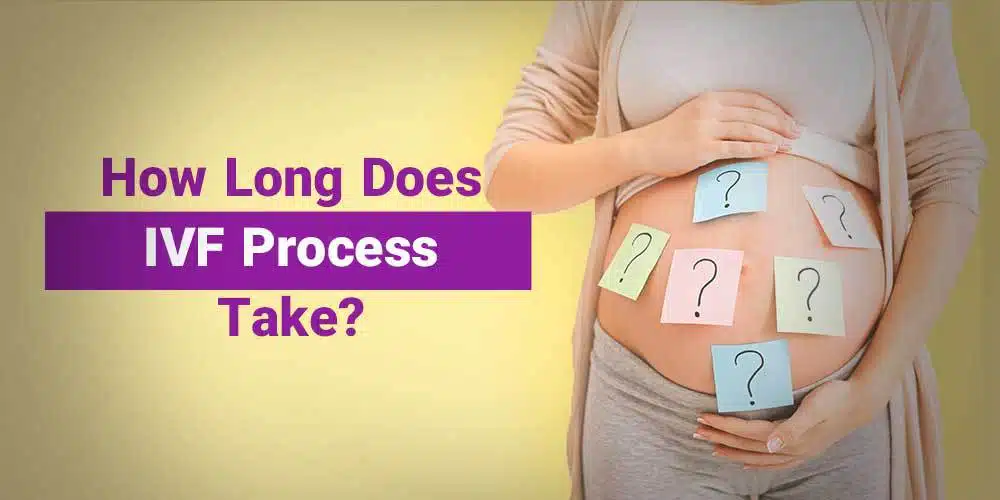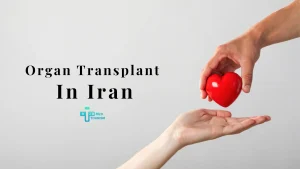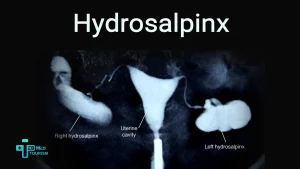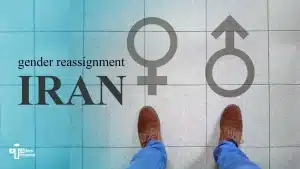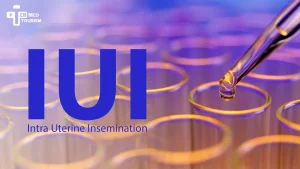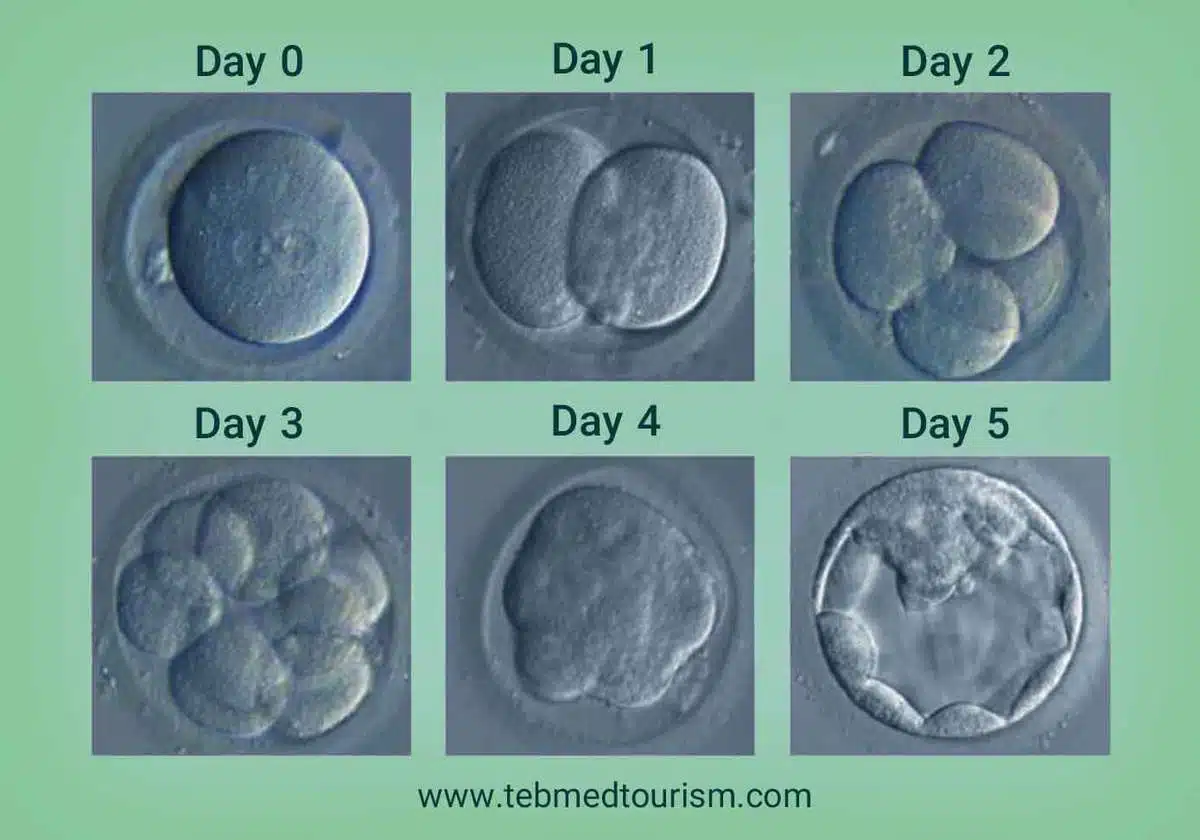
How long does IVF take?
In the case of how long does IVF process take, it is essential to know that it would be different for each candidate as no two cases are similar. By all differences for individuals, generally, IVF may last up to 4 months. You need to take pre-IVF cycle (IVF cycle timeline) preparations into consideration which can add to the main procedure and make this technique longer.
Preconception care
Before starting IVF treatment, just like a natural pregnancy, infertile couples need some preconception care to increase the chance of getting pregnant. Preconception care is a kind of individualized care for couples considering pregnancy. The main role of this special health care is to identify and modify biomedical, behavioral, and social risks by means of some interventions.
By taking some simple steps, before conceiving, the chance of having a healthy and low-risk pregnancy will be increased. Some modifications to your lifestyle and eating habits in the months before IVF can be helpful for a successful IVF cycle.
The best time to start preconception care is 3 months before the beginning of the IVF stages. In fact, you should take your prescribed prenatal vitamins, drink more water and stay hydrated, eat a healthy and well-balanced diet, and avoid alcohol and smoking.
Doing regular exercise is another crucial factor to prepare your body for upcoming treatment. Doing yoga and meditation or practicing some rituals can be an asset for a strong and healthy mental status. As you know, receiving mental and emotional support from your family and friends makes you more powerful to go through this long journey.
Some laboratory tests should have done to prove the overall fertility health or your complications and problems. Your doctor will order the following tests, before starting the IVF cycle:
- Blood test (to assess the level of follicle-stimulating hormone, or reveal father’s and mother’s blood type)
- Ultrasound (to check the uterus, fallopian tubes, and ovaries)
- Screening for infectious diseases, such as HIV, Hepatitis, and Syphilis
- Semen analysis and other male partner’s fertility tests
- Examining the lining of the uterus
- Mock of embryo transferring
All the above-mentioned care and tests take about 3 months. Then, you are ready to step into the main stages of IVF which last up to 6 weeks. Read more about how to Increase Your Chances of IVF Success!
During IVF
Once diagnostic testing is complete, the IVF cycle begins.
Stage one: Oral medication
Birth control pills before starting fertility medications! No way!!! Yes, it seems odd but a female partner needs to take oral contraceptives for about 10 to 14 days before starting injections. On the first day of the menstrual cycle, taking birth control pills begins. In effect, by taking such pills, the number of eggs for the retrieval phase will be increased. Also, it can support ovarian health during the IVF stages.
Stage two: ovarian stimulation
Injectable medication is the second step which takes 9 to 11 days. In fact, on the 21st day of her period, the female partner starts using Lupron to stimulate her ovaries and prevent ovulation. In this stage, the ovaries produce many mature follicles. During this step, you need to visit your doctor several times for vaginal ultrasound and blood test. When the fertility specialist makes sure about the growth of egg follicles and their size, it is time for follicle puncture.
Stage three: Egg retrieval
The final trigger shot should be injected 36 hours before egg retrieval to encourage ovaries to release eggs. The correct timing of this stage has a great impact on the IVF cycle’s success. To collect the mature eggs before they leave the ovaries and enter the fallopian tube, your fertility specialist will schedule a session at a fertility clinic.
It is worthy to note that the semen sample of the male partner must be ready at the clinic in the morning of the Egg Retrieval Process. As sperm donation is not legal in Iran, the woman can only use her husband’s sperm. During this fast procedure, you are under sedation and the doctor uses a thin needle to insert through your vagina and collect the mature eggs.
The collected eggs will be sent to the laboratory to be graded and tested by experts. Then healthy ones will be placed on a culture dish and incubated.
Step four: Egg fertilization
Fertilization happens when a sperm meets an egg in the fallopian tube. Such meeting (or better say, natural fertilization) is not possible for an infertile couple. So, mature and healthy eggs which are collected from ovaries, meet healthy sperms which are derived from sample semen, on the dish at the lab. In fact, embryologists will try to fertilize each egg with one sperm.
After fertilization happens, you need to wait for 2 to 6 days to move on next step. In fact, although the embryo may be ready to transfer after 2 days, the doctor may suggest embryo screening. Only half of the fertilized embryos progress to the blastocyst stage and can be considered a suitable embryo to transfer to the uterus. Read more about egg donation in Iran!
Step five: Embryo transfer
If we consider egg retrieval day as day zero, the embryo transfer will be done on day 5 or 6. This fast procedure is painless and takes only 20 to 30 minutes. A catheter will be inserted through the cervix into the uterus to place the embryo on the uterus.
How long is the IVF process from start to finish?
Even though some people might feel that IVF is a very complicated and long process, the fact is the whole IVF process timeline from start to finish often takes between 6 to 8 weeks. It only can get longer if an IVF cycle fails and there is a need to repeat the cycle or prepare the uterus for another embryo transfer. Nevertheless, if you consider pre-conception care, it can add up to the time needed for this process.
How long does the IVF process take to get pregnant?
IVF process usually takes between 6 to 8 weeks from the start of the process which is consulting with a fertility doctor and doing the lab tests to the time when the pregnancy test result is ready. However, you should know that sometimes IVF process fails and couples need multiple IVF cycles and embryo transfers before their pregnancy test turns positive. Therefore, the IVF process timeline can get longer. IVF in Iran! Read more here.

Bottom line
As an IVF candidate, you should be aware of all stages of this technique (preconception care, main stages, and after embryo transfer). In fact, IVF is not a single treatment but a series of procedures that candidates need to go through to be able to get pregnant.
Apart from the main stages of IVF which take about 3 to 4 weeks, there is a preconception care period that lasts for about 3 months. In another word, the female partner should modify her lifestyle before starting the IVF cycle which takes time. All in all, you need to allocate about 4 months to IVF procedure and getting pregnant by this technique.
TebMedTourism which is a healthcare facilitator company located in Iran has experience of many successful IVF cases thanks to its expert team of fertility physicians and the use of the most equipped IVF centers. IVF in TebMedTourism is offered at the most affordable cost which helps couples with every budget reach the dream of having a baby.
We will guide you from the starting point which is a simple consultation to the time you get the positive result of the pregnancy test. Contact our counselors free of charge now!







